How Do I Measure My DBA Skills Part 4
Dear reader, we’ve been on a bit of a journey recently so that you can discover what skills are needed at various levels or phases of your career. The first three phases have been covered in previous blog posts and you have now come to the Senior level for the Production DBA. So, how do you measure the skills a Senior Production DBA should have?
Senior Production DBA – 7+ years of experience
- Most competencies from the previous levels.
- Advanced analysis of SQL Server issues using native tools such as Extended Events, Perfmon, Query Store and 3rd party monitoring tools.
- Makes decisions regarding SQL Server architecture, hardware, virtualization and storage, often in tandem with an infrastructure team.
- Designs high availability and DR solutions and may provide guidance to other team members during implementation.
- Plans SQL Server migrations.
- Leads knowledge sharing in four or more areas.
- May possess some competencies from DEV DBA levels up to level 2 or 3.
- Regularly demonstrates good self-awareness, self-management, social awareness and relationship management skills (emotional intelligence)
You will notice that in previous lists of skills, I have listed skill 1 as “All competencies from the previous level.” However, I have not done that in this case, why? There are at least two reasons that I will detail.
Varying Experiences
You will notice that in previous posts I started listing skills and saying that the person “may” have a certain skill. Maybe you were asked to do a small project that you decided to use SSIS to complete, and SSIS was a new skill at that point. Afterward, you never really needed to use that again or it was used very infrequently. As a result, you have a little exposure but you’re not particularly skilled at it. Consequently, at years 7 and beyond where you are either a Senior DBA or you’re approaching that phase of your career, you may have some skills with SSIS, but maybe you don’t because your job roles never required that. In some roles, you maybe needed to do a fair amount of table design and stored procedure development. This might have been due to the fact that you were the only DBA so you had to do at least some development work. At other employers, those skills weren’t needed. Based on your employer’s needs, you may have used SSRS quite heavily up to this point in your career, but maybe not.
SQL Server Specialization
And then there is the matter of specialization.
The various parts of SQL Server are careers unto themselves. The database engine, SSIS, SSRS, SSAS are all so deep that a person could specialize in any of those areas. Even within some of those areas there are places of focus and skill that can be developed.
For a Production DBA, you will primarily be specializing in the database engine in some way. That could mean you’re really good with HA and DR technologies such as AlwaysOn Failover Clusters or Availability Groups. Maybe you love digging in to the various kinds of replication and leveraging those for business needs. Maybe you love performance tuning and you have found that the Query Store and Extended Events are things you love to use for that. You’re knowledge and skill with those things may be fairly deep as a result. Perhaps the SQL Server environments you have worked in have been heavily virtualized and you took a deep interest in that.
As a result, if you have 7 + years as a DBA, you may have touched on a wide variety of things, but fell in love with a few select things that you’re now really good at. This also means, there are things, you’re not that great at. That’s ok. No one can do everything.
Designing SQL Server Solutions
So, let’s move on to discuss some of the other things in the list. At this point in your career, you’re dong things at a more advanced level, obviously, since this is a Senior phase to your career.
You are most likely collaborating frequently with other Infrastructure people like SysAdmins/VMWare specialists and storage folks at your company in order to design SQL Server solutions. Virtualization for SQL Server is another specialty I previously mentioned and you might be getting into some minutiae about that by this point.
You are the person who is analyzing HA/DR needs for when a new application is being brought on board from a vendor or from your own company’s Dev team. Decisions being made about how to ensure the application always has a back end connection, even when that river next to your building overflows its banks, are things you’re heavily involved in. You might be the person implementing the solution, or you may be simply assisting other people in your company with the implementation.
Knowledge Sharing
Knowledge sharing is definitely prevalent at this point. You regularly share what you know and what you’re learning. That knowledge should be in several different areas at the Senior level and not just one or two. Your knowledge and skills may also include things of a more Development DBA nature. As previously discussed, this is heavily dependent on employer needs and your own interests.
Native SQL Server Tools
For a Senior Production DBA, native tools like Extended Events, Query Store and Perfmon counters are likely skills and knowledge that you’re comfortable with. You can use them easily in a wide variety of situations, but especially to analyze SQL Server issues that perhaps can’t be solved in other ways or can’t be solved as easily using other methods. Some places want their DBAs to be well-versed in native tools. Some are concerned so much with that because they have invested heavily in monitoring software of some kind.
SQL Server Monitoring Software
You should be comfortable and familiar with using monitoring tools at this point in your career. Platforms like SolarWinds have full environment monitoring like in Server and Application Monitor, that also include templates for monitoring SQL Server. SolarWinds also has Database Performance Analyzer. Sentry One has a full suite of monitoring tools as do Idera, RedGate, and Quest. There are other options I’m sure. These are just the one I know about right now that might be of use to you and that you are likely to encounter at your job.
Being able to use these types of platforms to find things like deadlocks, issues indicated by changes in Perfmon counters, and to do query analysis is going to be essential at this point in your career. Software like Brent Ozar’s First Responder Kit may also be something that you’re familiar with and can use easily to diagnose and resolve issues in your SQL Server environment.
Next Steps to Take
- Copy/paste the skills list into a Word doc and place an “X” next to any skill that you need to develop.
- Create a training plan to learn those skills.
- Buy a book on emotional intelligence and read it this month.
- Stay tuned because in the next part of the series we will introduce the skills for a Development DBA.
- If you would like help with anything in this post or other things related to SQL Server, reach out to me here and I’ll be happy to talk to you.
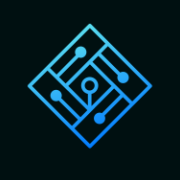
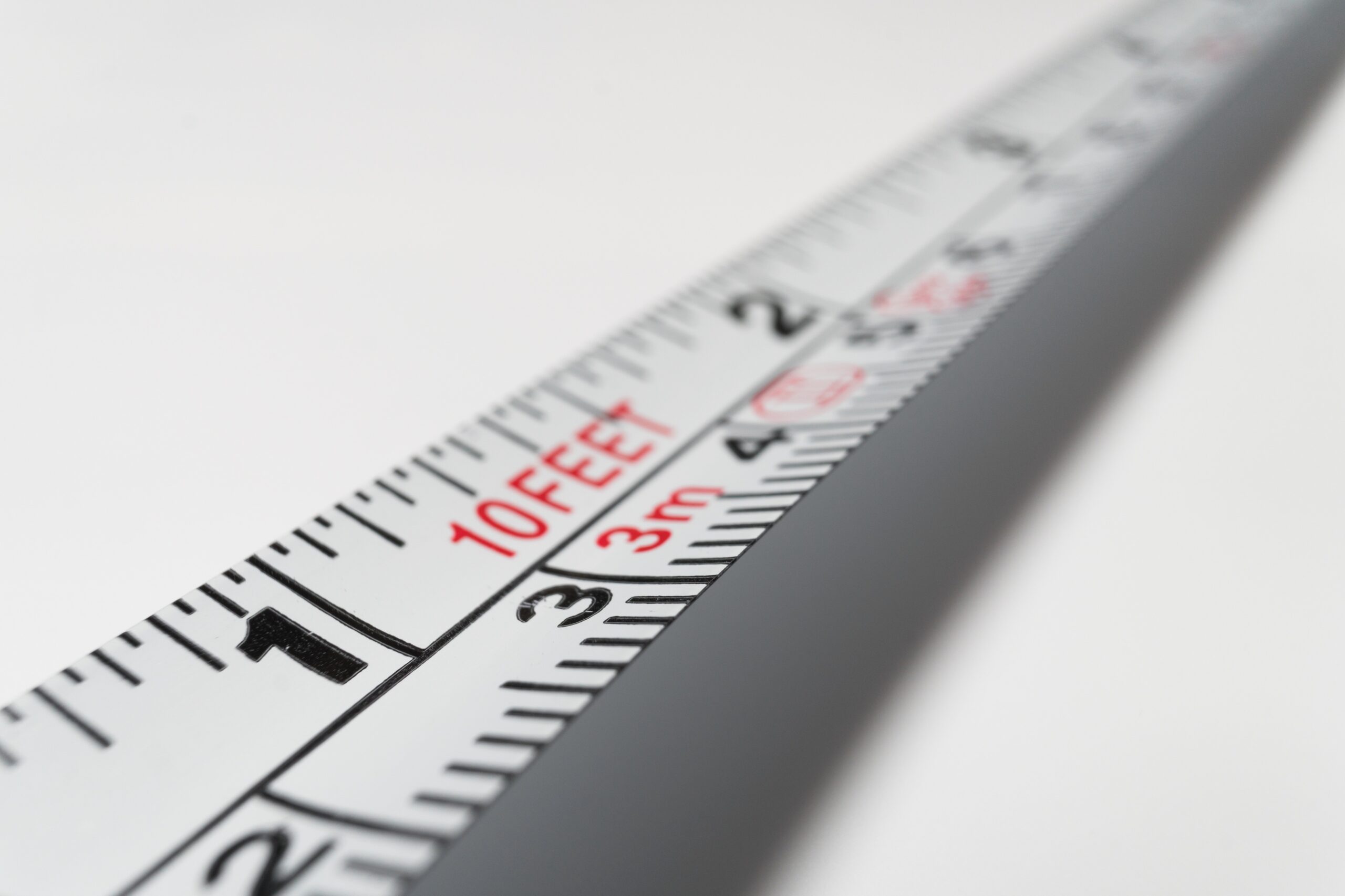

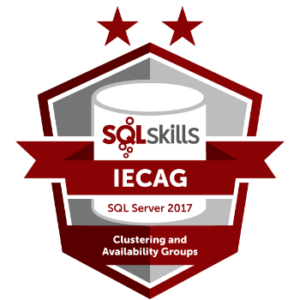
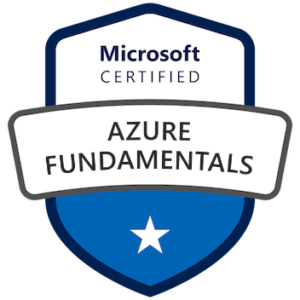
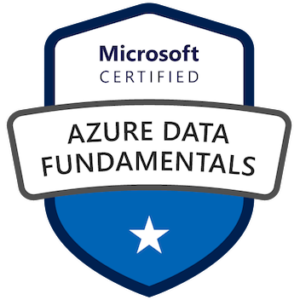
First, becoming a database administrator calls for some pre-existing skills, both technical (already being a good systems administrator) and personal (a hunger to learn and troubleshoot). This in turn means that most seasoned production DBAs have first gained experience in other related IT job categories, such as IT support roles. This is an excellent foundation for a future DBA because it ensures that you first learn in detail about the organization’s IT setup, which is almost always required knowledge for a DBA. Other tracks to becoming a DBA are being a developer or a systems administrator, then gradually being tasked with database administration as part of the job.
Part of what you are describing here is being what’s called an “Accidental DBA.” This happens when you are the IT person nearest the SQL Server when it needs some attention so you take on that work. Like you said, you have some other IT experience, but SQL Server and databases are new. You dig in and learn what you can to address the issue at hand. As time goes on, people begin to look to you to handle SQL Server issues.